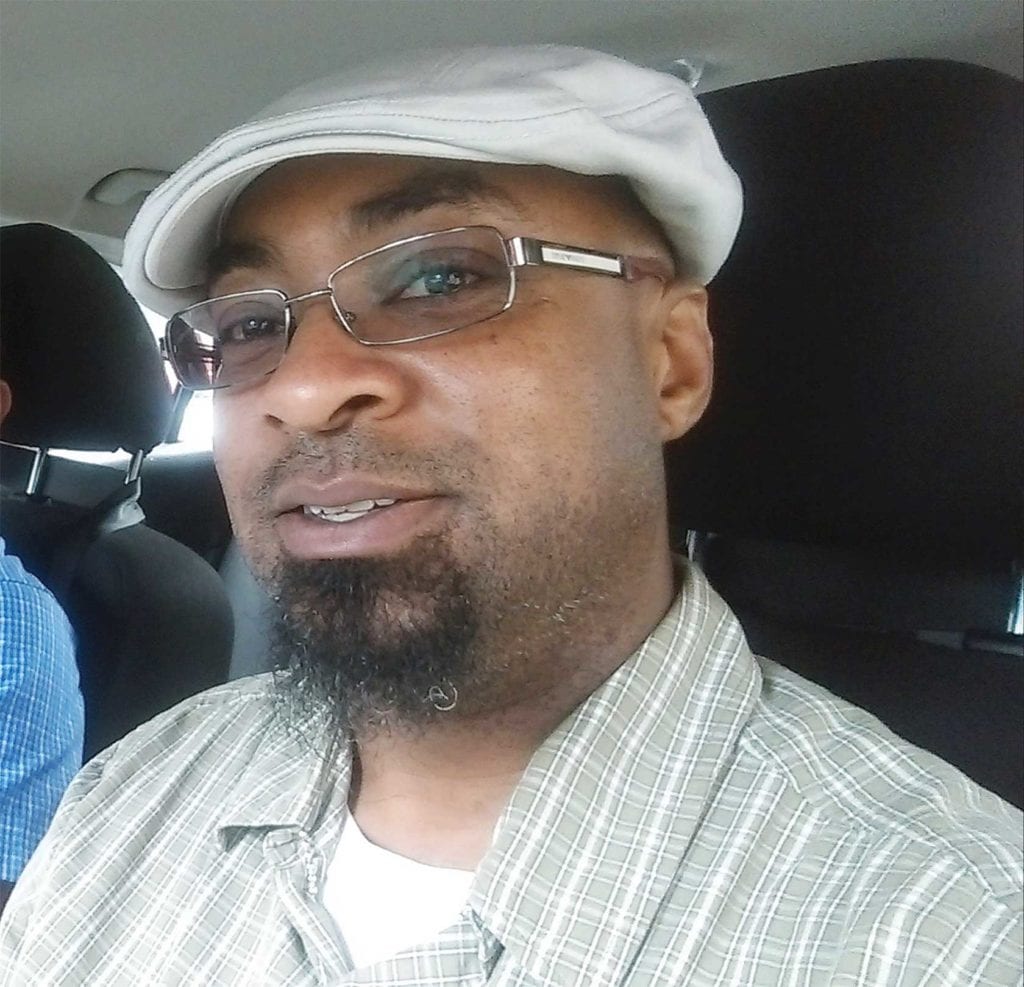Cop in 14-year fight to clear name
Files suit over untruthfulness sanction

On an October night in 2005, police Detective Alvin Holder was in his personal car with two other officers and a firefighter in Hyde Park. While Holder was driving, an officer who was holding his gun accidentally fired it, striking another officer in the shoulder.
The shooting itself, which was determined to be accidental, resulted in no serious disciplinary charges for the officers, all of whom were off duty. But in a Kafka-esque turn of events, an Internal Affairs Division (IAD) investigation of the shooting led to Holder being charged with lying, sparking a 14-year legal battle.
Holder in February filed a lawsuit in Suffolk Superior Court against the city of Boston, the Boston Police Department (BPD) and former BPD staff attorney Nicole Taub. In his suit, he is asking that the department expunge his record, pay unspecified damages and allow him access to documents from the Internal Affairs Division investigation on his case.
A spokesman for the department declined to comment on the case, citing active litigation.
Holder’s case underscores what many see as a pattern of disparities between how black and Latino officers are disciplined and how white officers are disciplined. In a 2016 ruling, the Massachusetts Commission Against Discrimination found that the department’s police academy engaged in a pattern of disparate punishment for white recruits, who were more likely to received mild punishment for misconduct.
“There are some clear disparities that you wouldn’t think would exist in today’s world,” said Sgt. Eddy Chrispin, president of the Massachusetts Association of Minority Law Enforcement Officers. “Cases that speak to some systemic issues in the department about how different people are treated.”
Holder, who was driving when the accidental shooting occurred, had previously loaned his personal firearm to another officer, who then was sitting in the back seat. After the gun discharged, Holder drove directly to a hospital and called his supervising officer to let him know what had happened.
One supervising officer and a union representative arrived at the hospital. The supervisor asked Holder questions but did not ask the identity of the officer who discharged the weapon, later revealed to be Frank Lee. Holder told investigators it was a police officer who discharged the weapon. Because there were only two other officers in the car — the officer who accidentally fired the gun from the rear seat and the front seat occupant who was hit — it was clear who the shooter was.
In 2009, the BPD’s Internal Affairs Division (IAD) charged Holder with being untruthful during a February 2006 IAD interview when Holder told police Sgt. William Chinetti that he had told supervisors the name of the officer who accidentally discharged the gun. He was given a 45-day suspension.
Holder said Chinetti’s own report on the interview says that he testified that he did not disclose the name of the officer who accidently fired the gun. In a December 2018 letter to the department, Holder said Taub, the department’s staff attorney, lied to an arbitrator about Chinetti’s findings and withheld the report from evidence.
“This situation could have been avoided if I had been given a copy of the report at the time the accusations were first made against me,” Holder wrote in his letter. “The department was required to provide a copy to me under the Massachusetts Personnel Record Law … because it was used as the basis to suspend me.”
Holder said he only learned of the 2006 report when it surfaced during a federal trial in which he was testifying in 2017.
The IAD determination has dogged Holder now for more than 11 years. Officers who have been found guilty of lying are required to disclose that ruling each time they testify in court.
“If I appear in court, I have to make the court aware that I am a liar,” Holder told the Banner. “It’s mandated.”
Defense attorneys can use such disclosures to discredit an officer’s testimony.
“The false allegation of lying is a detriment to my character, office and a risk to the public, hindering my ability to pursue convictions,” Holder said.
Holder has fought the ruling ever since it was issued, first through the department’s Internal Affairs Division, and now this year through the lawsuit against the department.
Holder says his aim is to clear his name of a false allegation of lying.
The Dorchester native who joined the Boy Scouts and served in the U.S. Army says he resents being branded a liar.
“It’s not in my character,” he told the Banner. “I don’t lie.”







